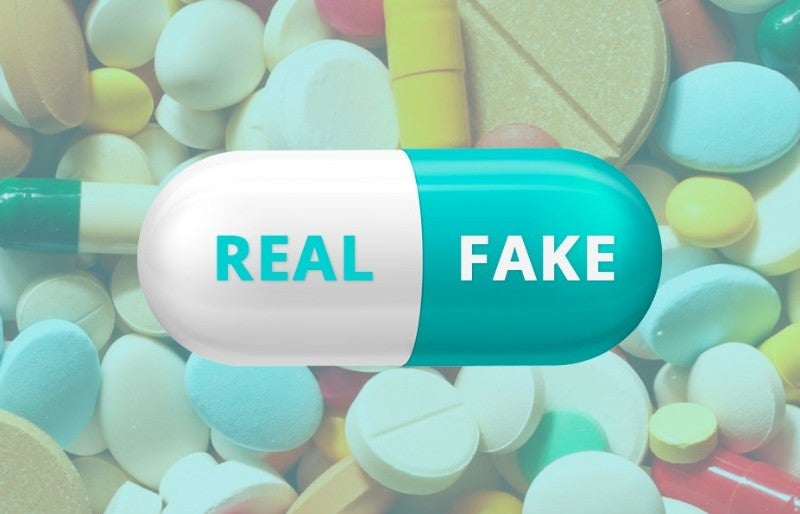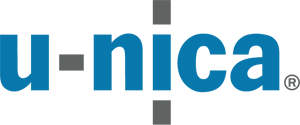
Are tablets and pills safe from counterfeiters? The short answer is ‘no,’ nothing is safe from counterfeiters. Wherever money can be made off of cheap and, often, dangerous products, counterfeit goods will appear. However, this doesn’t mean that organisations aren’t trying to combat counterfeits in the pharmaceutical industry.
While it’s comforting to know that multiple pharmaceutical anti-counterfeiting measures exist, they face a never-ending battle against fake medicines and a flood of potentially deadly black-market tablets and pills.
Counterfeit medications in the pharmaceutical industry
Why is medication such an attractive target for counterfeiters? Pharmaceutical drugs check two boxes these criminals love to see:
- An appearance that is easy to simulate
- A product that commands high market value
Counterfeiters are often highly skilled, but unscrupulous craftsmen. Emulating the look of a tablet or pill and filling it with any toxic substance you can name is an easy process for them. From there, it’s even easier for them to distribute the fakes in convincing packaging.
The EU is losing €16.5bn to counterfeit drugs. Worldwide, the value of this market has leapt from $30bn in 2017 to $200bn in 2019.
But pharmaceutical anti-counterfeiting strategists are fighting back. Let’s spotlight some of the organizations that make pills and tablets as safe as possible.
Interpol and monitoring the worldwide web
Interpol’s Operation Pangea has evolved impressively to keep pace with the creators of black-market medicines. Founded in 2008, this watchdog has grown from supervising 8 countries to 123. Its focus is on, arguably, the biggest weakness facing modern pharmaceuticals due to the ease of distributing fakes: the internet.
Roughly 35,000 online pharmacies have appeared in the last ten years or so and a minimum of 11% of all online sales are counterfeit. To date, Operation Pangea has taken thousands of offending websites offline. They have seized millions of counterfeit medications during their tenure making their work invaluable, but still part of the greater whole.
The World Health Organization (WHO) and IMPACT
The WHO is another global operation with a focus on cutting off illicit tablets and pills at the source and highlighting how precise counterfeiters can be with the packaging of counterfeit medications. Often, it’s only a difference in colour that gives a fakeaway and sometimes not even that difference exists. All but the most vigilant and prepared user can be fooled.
The International Medical Products Anti-Counterfeiting Task Force (IMPACT) is an arm of the WHO that has operated since 2006 to combat counterfeit medications. Their goal is to support both the private and public sectors against these harmful counterfeits.
The Food and Drug Administration (FDA)
The FDA is equally concerned with the extreme vulnerability pills and tablets face online and it publishes several resources to protect consumers. Some of the most helpful are the Counterfeit Alert Network (a coalition of health professionals and consumer groups), the FDA’s current standards for securing the pharmaceutical supply chain and the industry guidance on incorporating physical-chemical identifiers (PCIDs) into oral drugs.
The final protection against counterfeits
Though each organisation listed above plays an important role in limiting counterfeit medications, it’s unnerving that the combined efforts of all are still not enough to eradicate counterfeit drugs.
While the government agencies are working hard, there is one organisation that each pharmaceutical company can receive further anti-counterfeit support from.
The U-NICA solution against counterfeit medications
U-NICA’s mission is to support companies in the fight against counterfeit medications so that the brand’s integrity and value are protected. It fills in the gaps left by the other organizations by providing a multi-tiered anti-counterfeit strategy that covers different steps in the supply chain including allowing the end consumer to check if a drug is legitimate through U-NICA’s smartphone app.
With U-NICA, companies in the pharmaceutical industry can reduce counterfeit goods in the market while achieving product protection and brand protection. Further, U-NICA also offers solutions to protect intellectual property (IP) rights.

